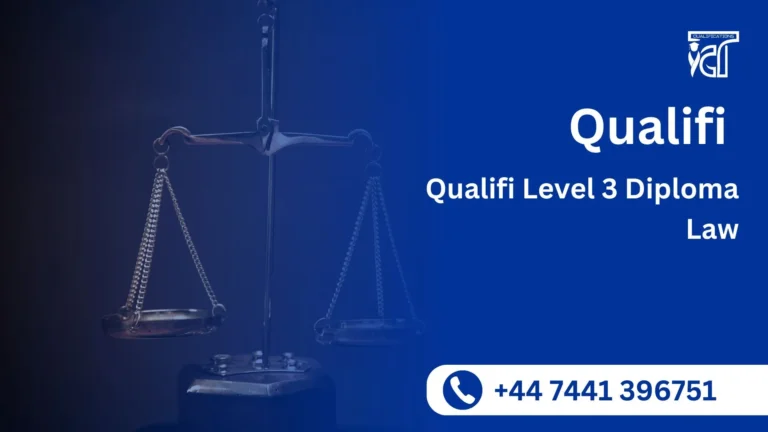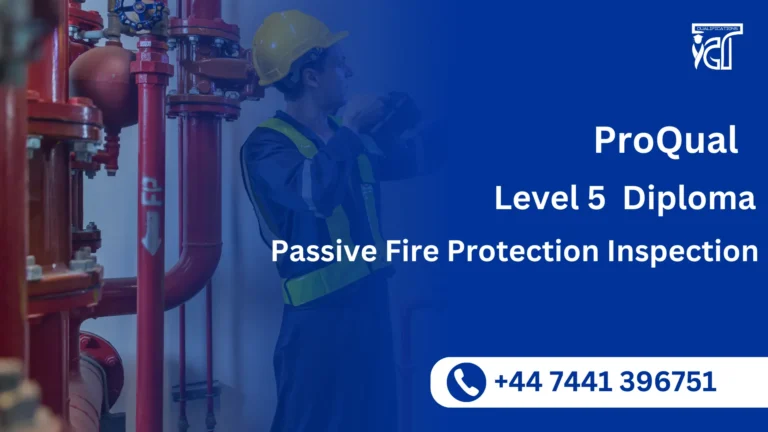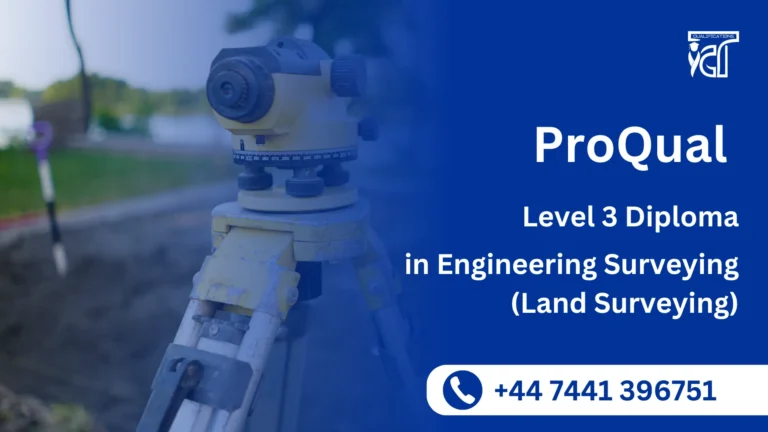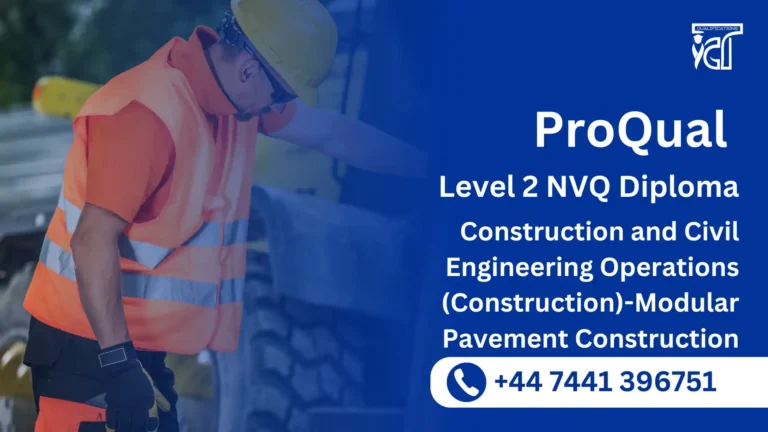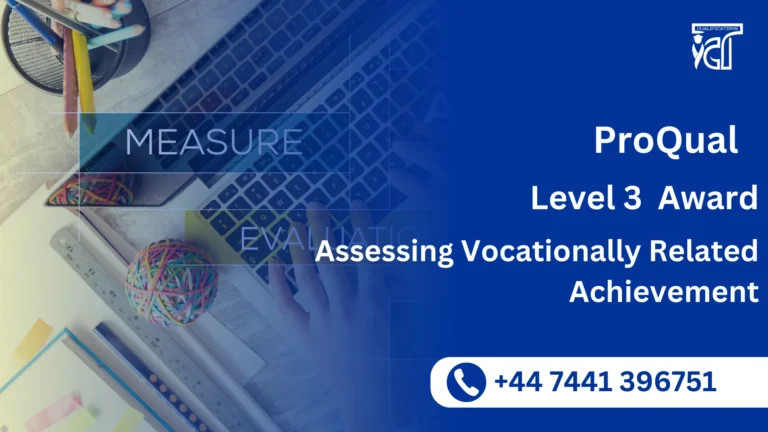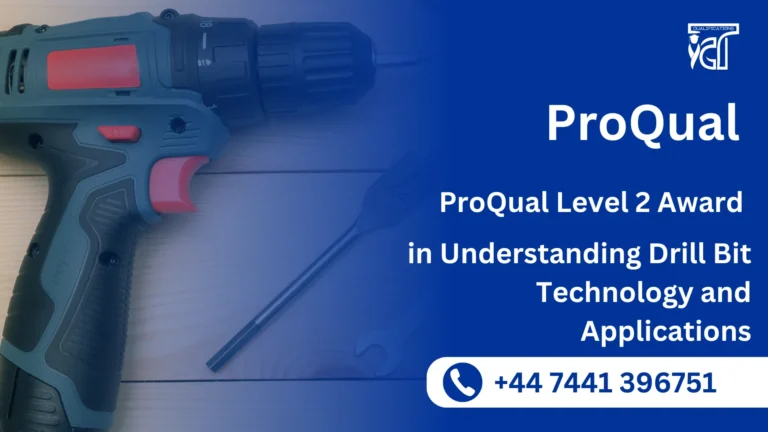ProQual Level 4 Certificate in Advance Fire Risk Assessment
Advance expertise in fire risk assessment
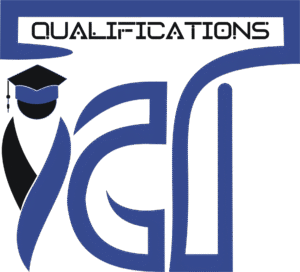
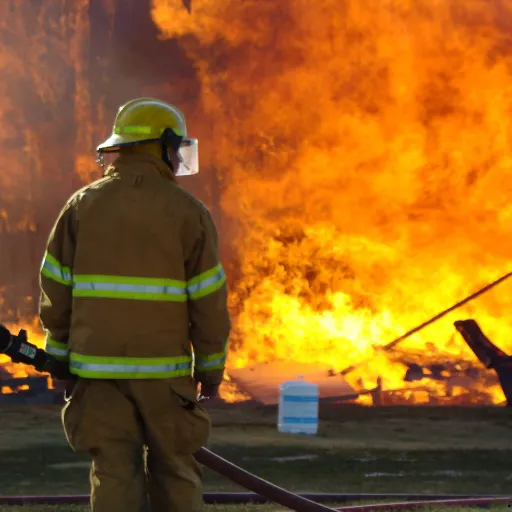
Course Level
Level 4
Course Type
Ofqual Regulated
Awarding Body
ProQual
GLH
120
Study Mood
Online
Assessment
Assignments Based
Course Overview
What is this course
The ProQual Level 4 Certificate in Advanced Fire Risk Assessment is designed for professionals who wish to deepen their expertise in identifying, evaluating, and managing fire risks across a wide range of environments. This qualification equips learners with the advanced knowledge needed to conduct thorough assessments, ensuring compliance with fire safety legislation and best practices.
Learners will gain practical skills in analyzing fire hazards, evaluating risk levels, and recommending effective control measures. The course emphasizes the application of advanced methodologies, including the use of structured risk assessment models, documentation, and reporting techniques. Participants also develop the ability to advise organizations on fire safety strategies and contribute to safer workplace environments.
Graduates of this program benefit from enhanced career opportunities in fire safety management, consultancy, and compliance roles. The qualification demonstrates advanced competence, making learners valuable assets to employers in industries such as construction, manufacturing, healthcare, and public services. It also provides a pathway to further professional development in fire safety and risk management.
Course Content
Detailed Curriculum Structure
The ProQual Level 4 Certificate in Advance Fire Risk Assessment consists of 3 units :
Who Should Attend
Target Audience and Participants
- Fire safety professionals seeking advanced risk assessment skills
- Health and safety officers responsible for workplace compliance
- Building and facilities managers overseeing fire safety measures
- Risk consultants advising organizations on fire prevention strategies
- Engineers and technicians working in construction or infrastructure projects
- Emergency planning and response coordinators in public or private sectors
- Professionals aiming to progress into senior fire safety management roles
- Individuals seeking a recognized qualification to enhance career prospects in fire risk assessment and compliance
Career & Learning Benefits
Skills, Knowledge & Opportunities You Will Earn
- Gain advanced expertise in fire risk identification and evaluation
- Develop skills to apply structured risk assessment methodologies
- Strengthen knowledge of fire safety legislation and compliance standards
- Enhance ability to recommend effective fire prevention and control measures
- Improve documentation, reporting, and communication of fire risk findings
- Build confidence to advise organizations on fire safety strategies
- Achieve a recognized qualification valued across multiple industries
- Open pathways to senior roles in fire safety management and consultancy
Need More Information?
Frequently Asked Questions Explained
Enrollment Criteria
Minimum Eligibility Criteria for Enrollment
Lock In Your Spot
Get in Touch
+44 2035 764371
+44 7441 396751
info@ictqual.co.uk
www.inspirecollege.co.uk

